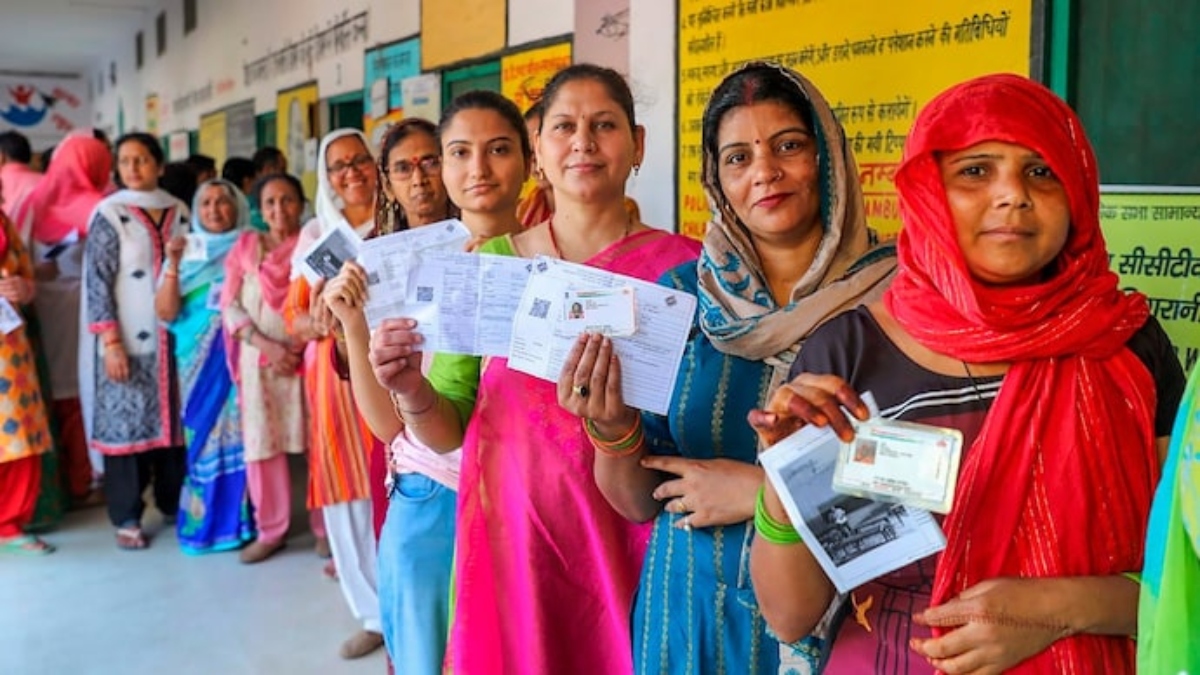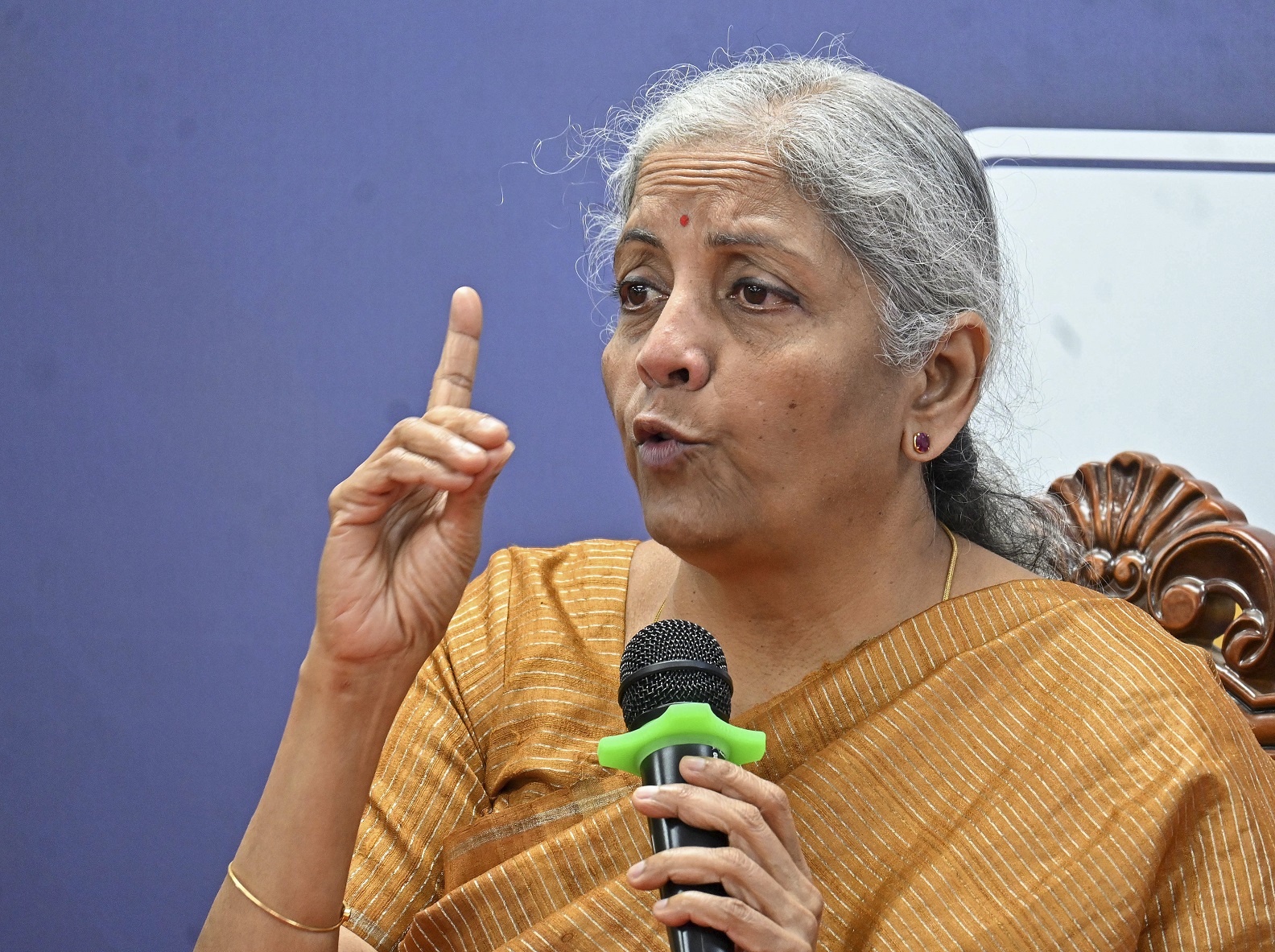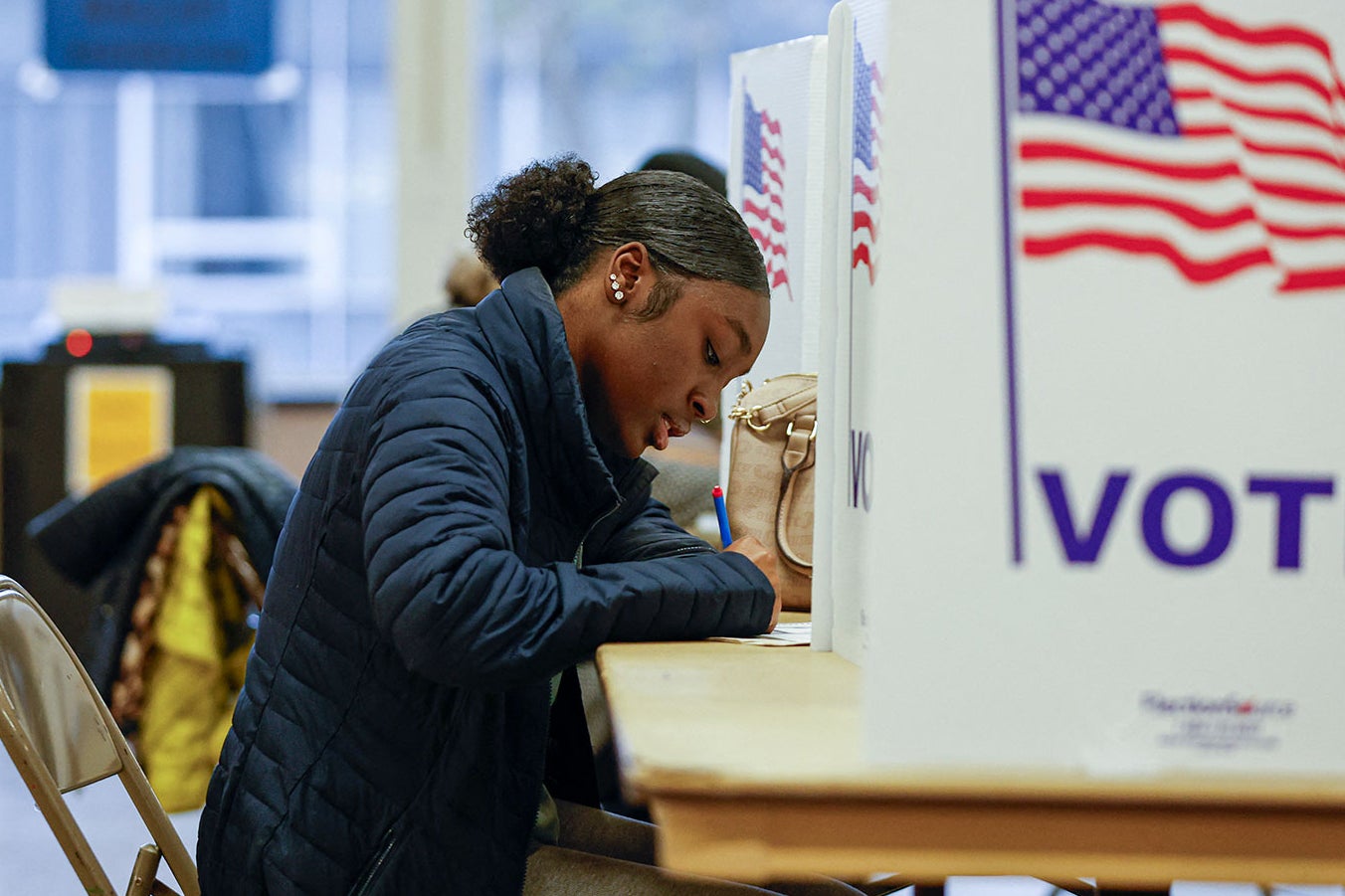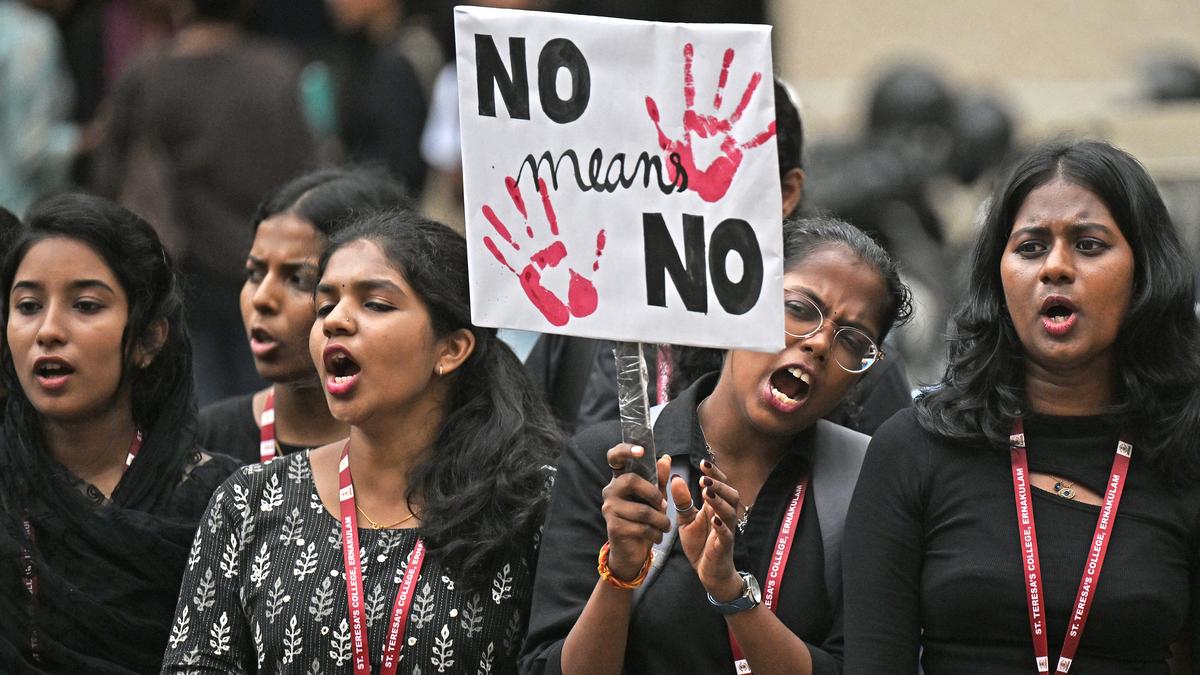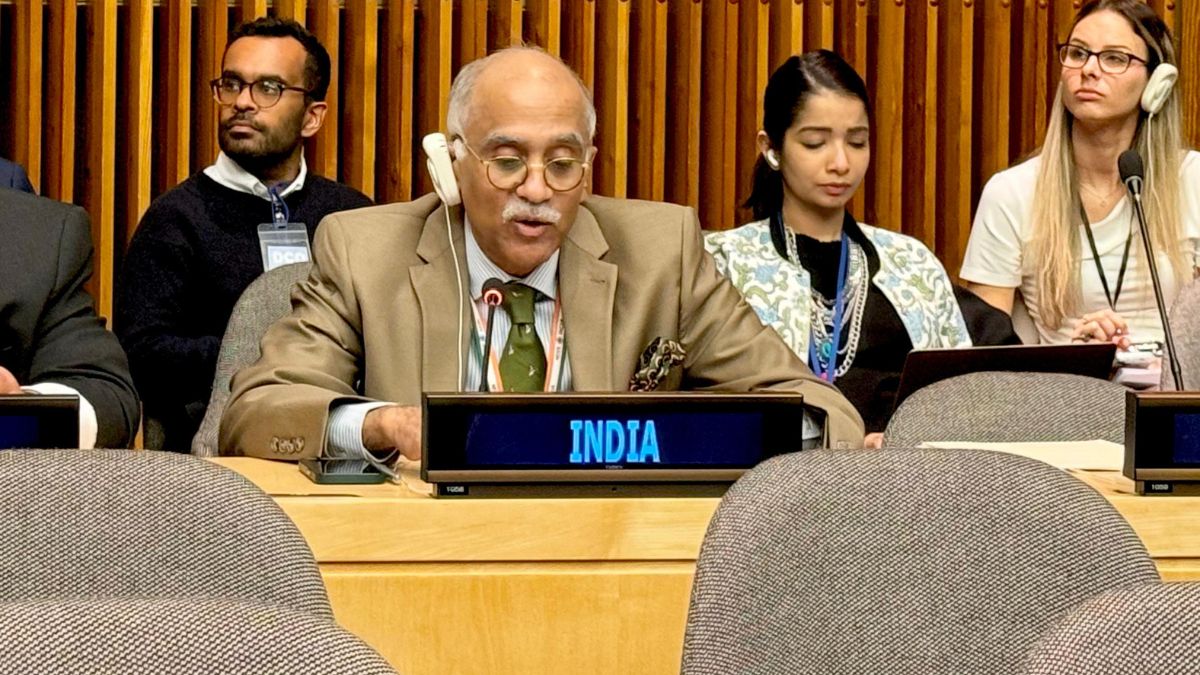
Affirming gender equality in policy and practice
Hindustan TimesGiven the theme for this International Women’s Day, March 8, 2023, viz. DigitALL: Innovation and technology for gender equality, one wonders whether in the face of many persisting structural and systemic barriers compounded by the pandemic that thwart women’s empowerment and the progress toward gender equality, all the efforts that has been made to strengthen the legal framework on the rights of diverse genders and the many gender intentional policies and programs, including leveraging technology for empowerment, are going to make a difference at all. Therefore, the question that arises in the face of the widening gender gap, as reflected in the World Economic Forum’s Global Gender Gap Index, 2022, is, can the winds of change through innovation powered by technology help gender mainstreaming and moving towards greater parity? While these rising figures more than anything else indicate the determination of women, girls and persons of diverse genders to speak up and with the support of civil society organizations and the law enforcement system coupled with the information they get from the internet are leveraging helplines, counselling and one stop crisis centres to secure justice, it is also clear that a lot of the incremental gains made pre-Covid in areas like livelihood development, girls’ education and healthcare are under threat and in some cases being undone. In fact, what we are witnessing today in Iran and Afghanistan in response to a massive anti-hijab protest, in the former and to legitimise women’s subordination and their secondary status in the latter in defiance of all international human rights conventions and instruments are signs that mere recognition of gender equality as the cornerstone of an inclusive governance and society is not enough.
History of this topic

India struggles with limited effectiveness of its gender responsive budgeting: UN Report
New Indian Express
India's Gender Imbalance: A Call for Action
Hindustan Times
Women’s reservation to be a fillip for equality in politics
Hindustan Times
For an equal future, G20’s gender vision
Hindustan Times
Bridging the gap: On India and Gender Gap Report
The HinduIndia climbs eight places to 127 in global gender index, says WEF report
The Hindu
India must bridge the gender equality gap
Hindustan Times
International Women's Day: Global Initiatives Against Gender Discrimination
The Hindu
Budget fails to address gender inequality, women development: Expert
New Indian ExpressIndia pushes for inclusion of women’s political representation at grassroots for WEF’s Gender Gap report
The Hindu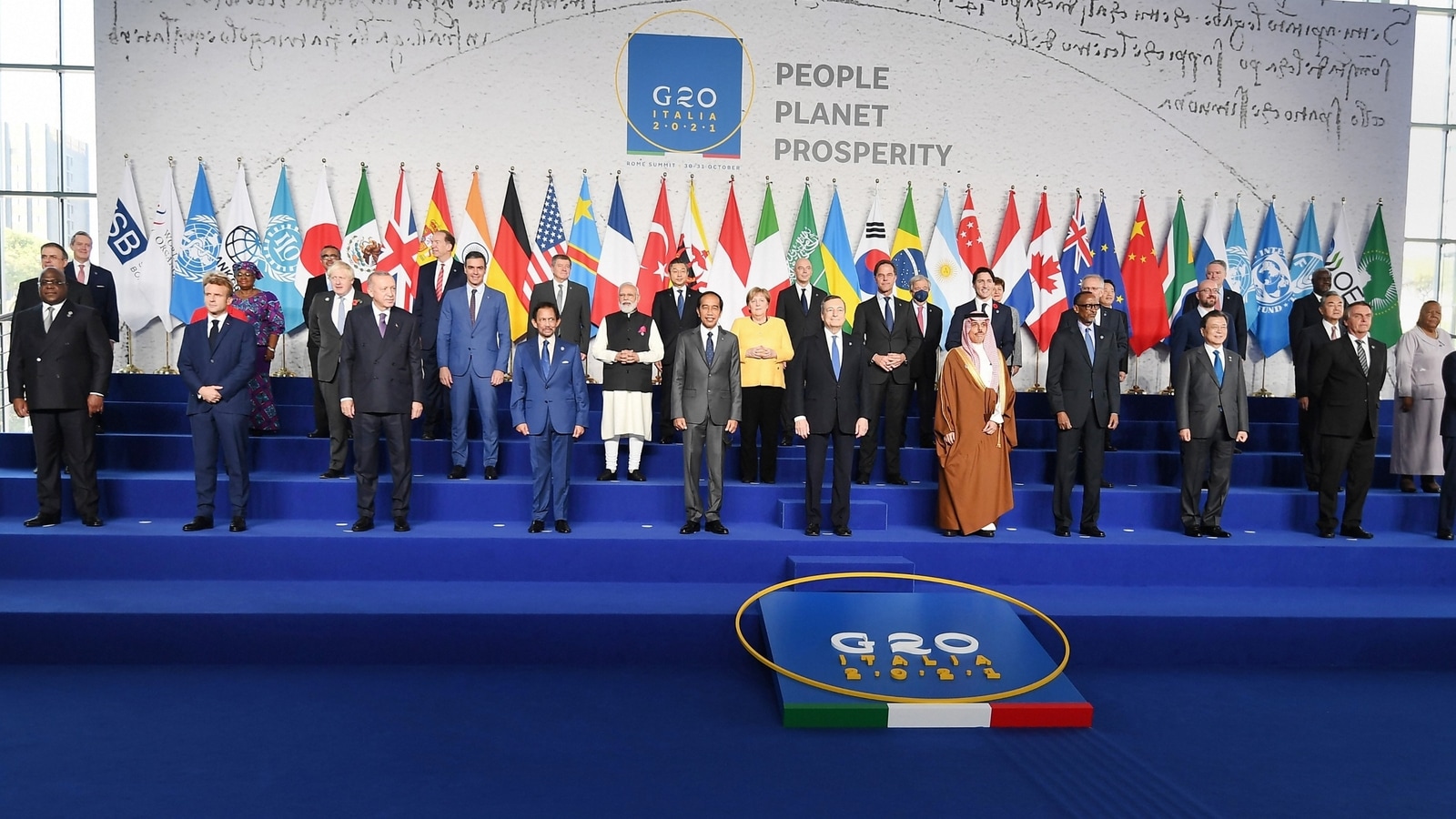
At G20, India should lead the way on gender equity
Hindustan Times
India at 75: The status of women in Independent India
The HinduIndia ranks 135 out of 146 in Global Gender Gap Index
The Hindu
Why India needs a gender-positive recovery
India Today
How India fared in Global Gender Gap Report 2021
Live Mint
Pandemic impact: Gender gap in India, world over worsens
Hindustan Times
Pandemic impact: Gender gap in India, world over worsens
Hindustan Times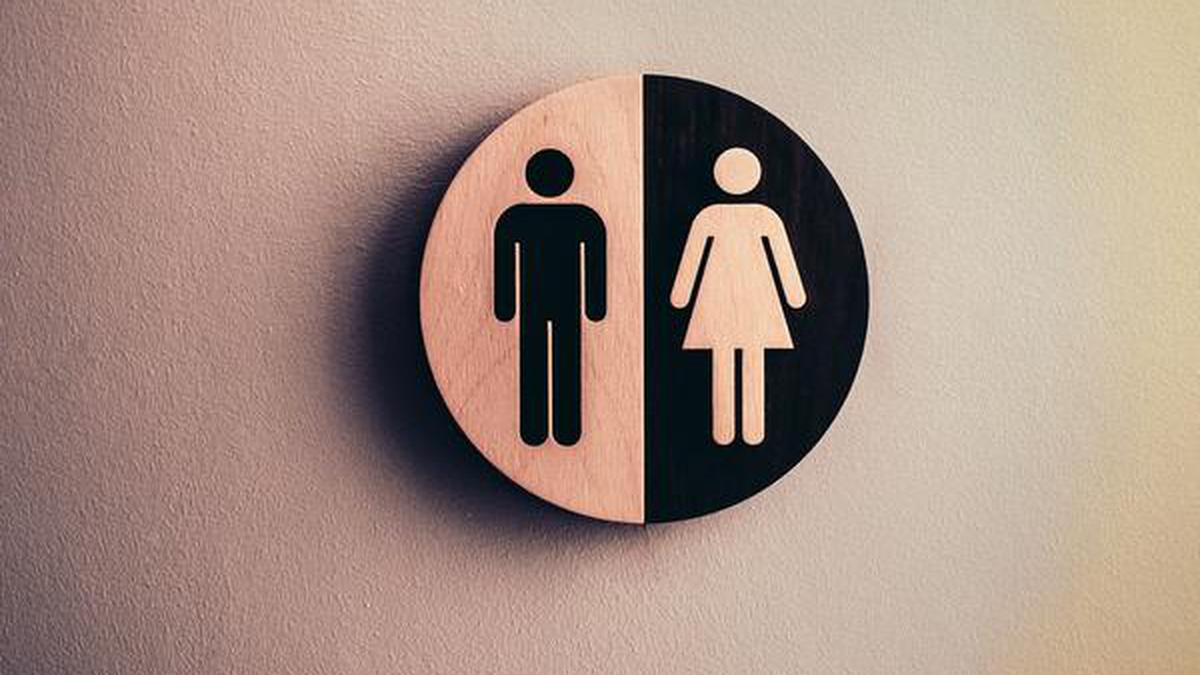
WEF’s gender gap index: India slips 28 places, ranks 140 among 156 countries
The Hindu
India’s women and the workforce
Hindustan Times)
Pandemic Widened Gender Gap at Workplace as 85% Women Missed Out on Hike, Finds Survey
News 18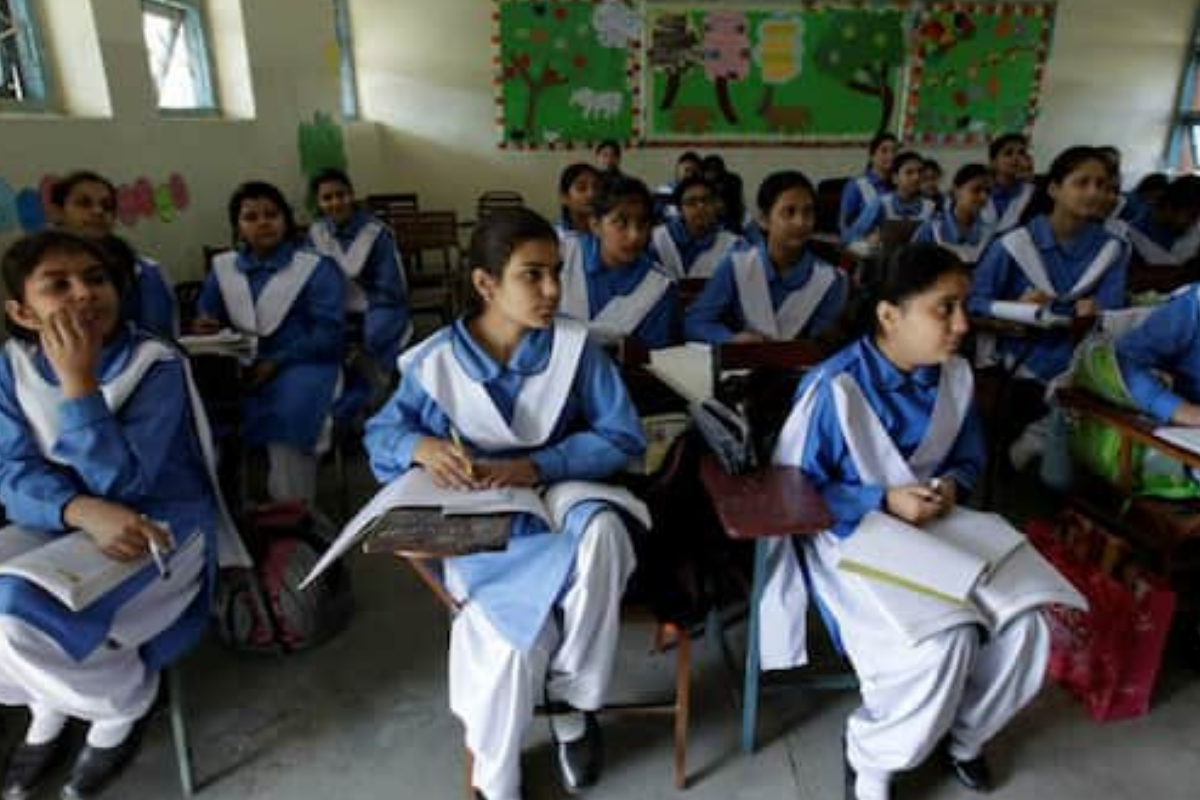)
How the Coronavirus Pandemic Forced Us to Recognize Gender Inequities
News 18Discover Related



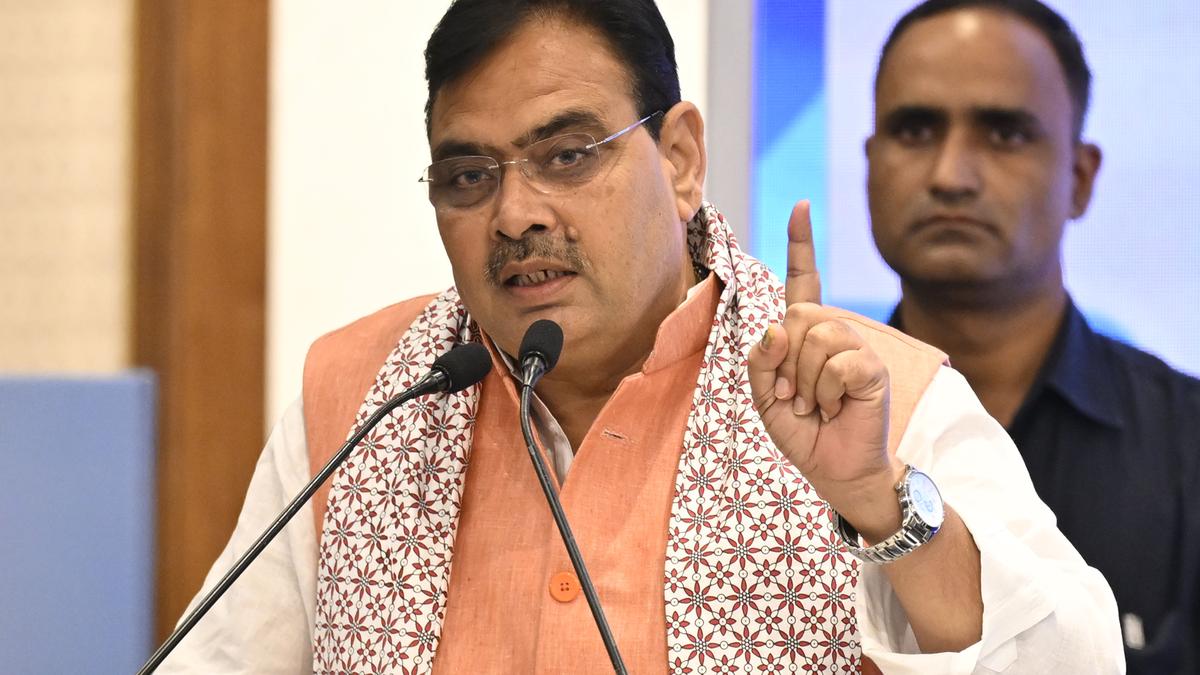
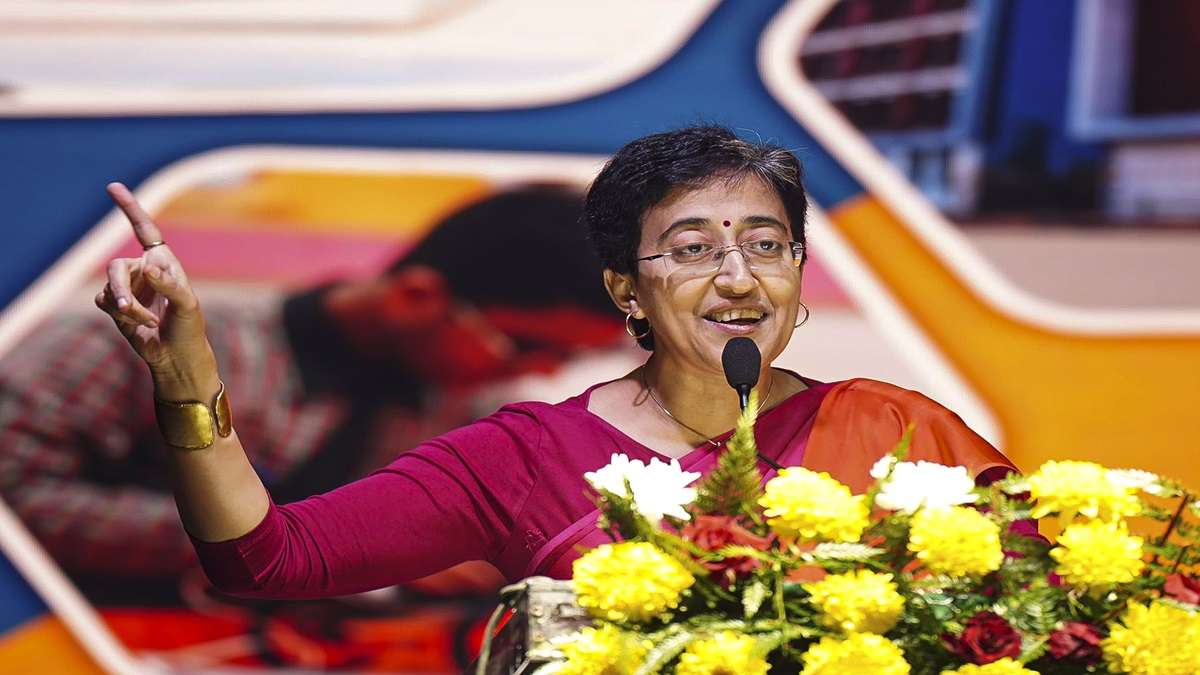
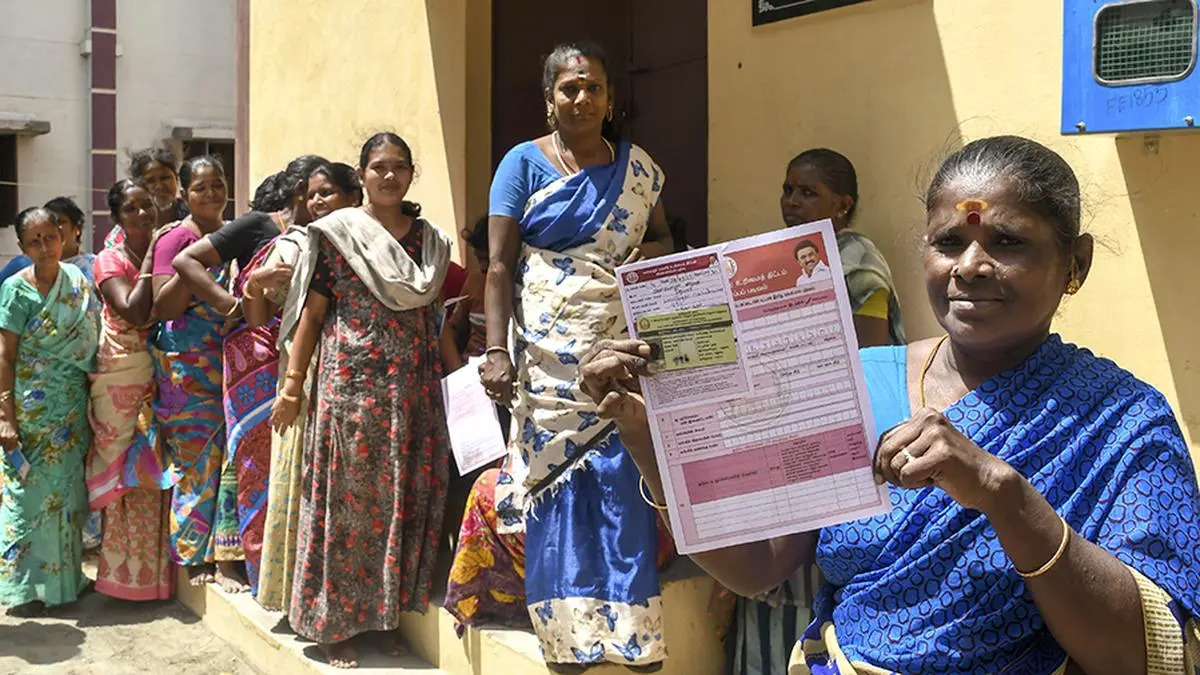
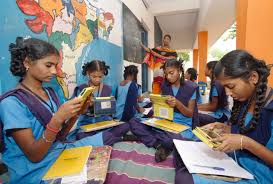
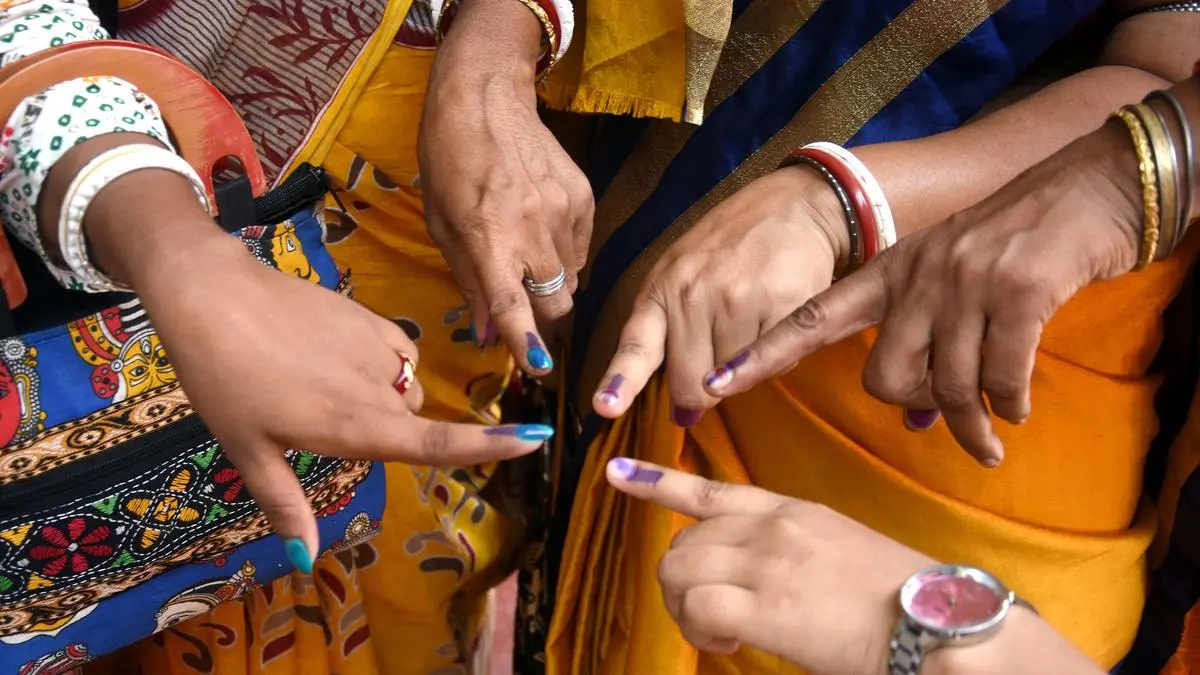

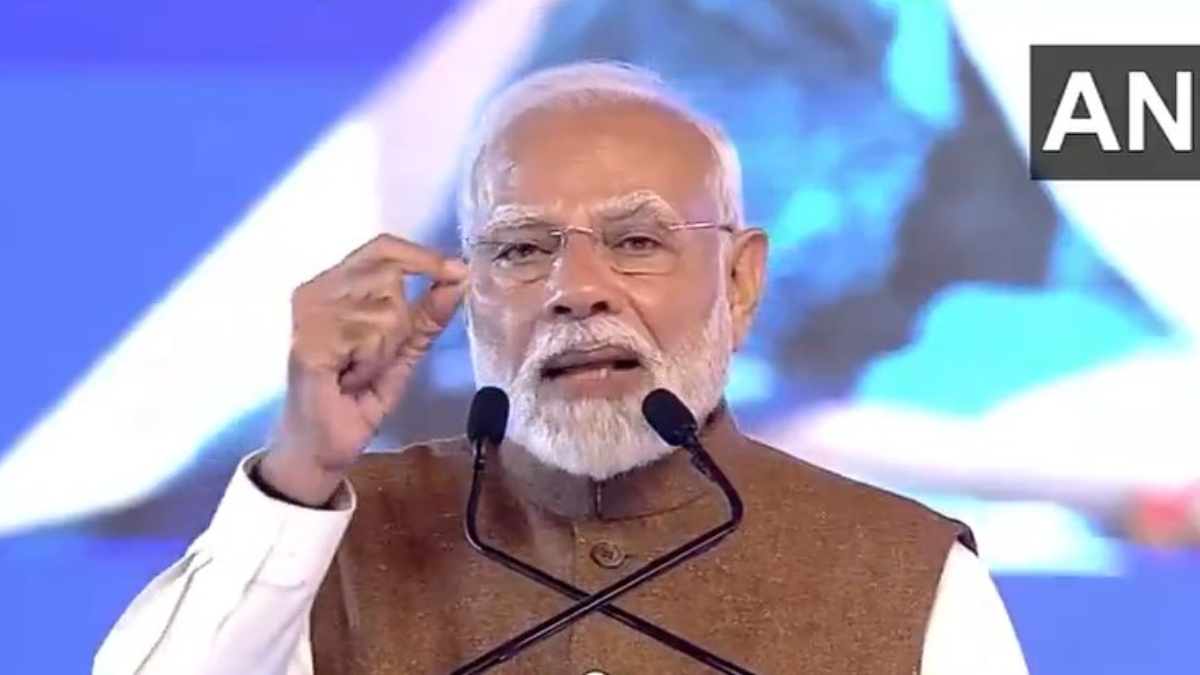












)
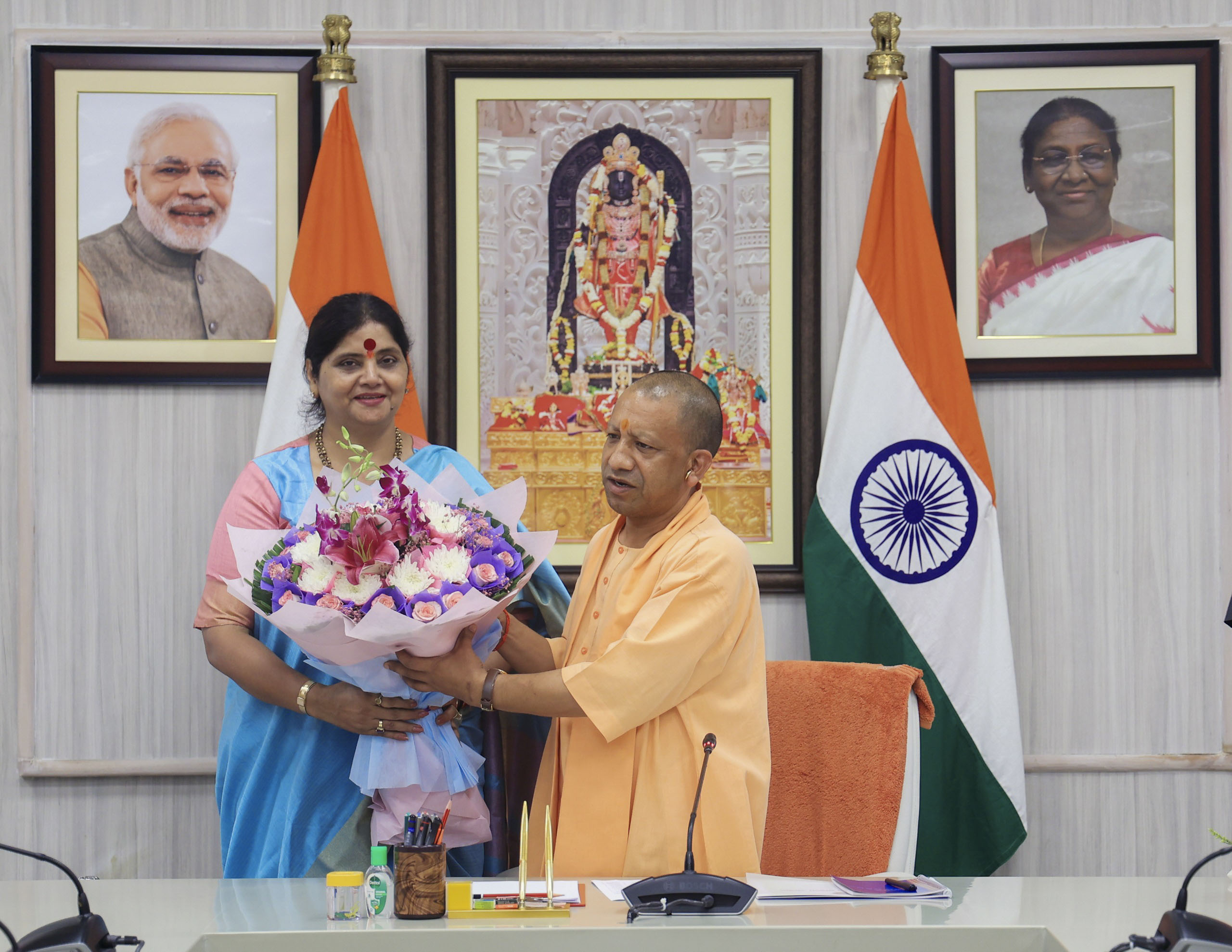
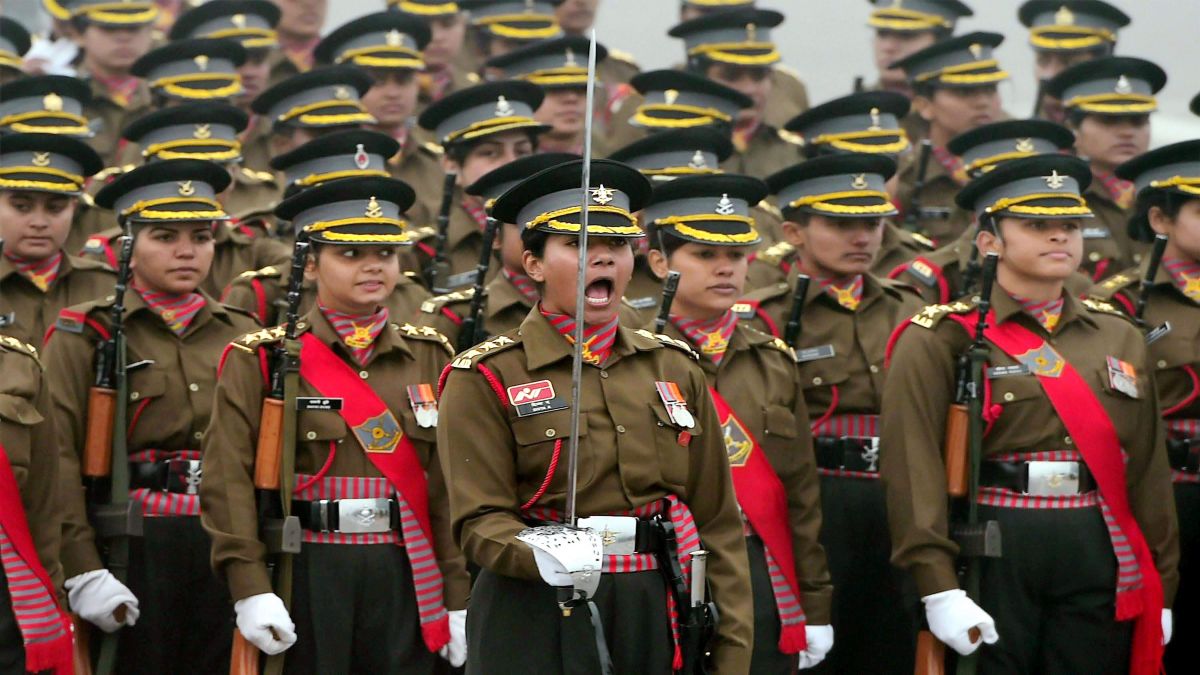)




